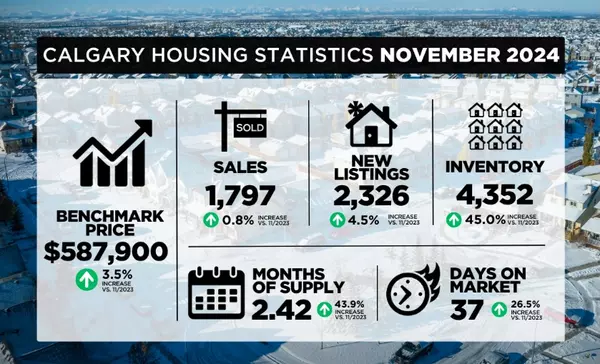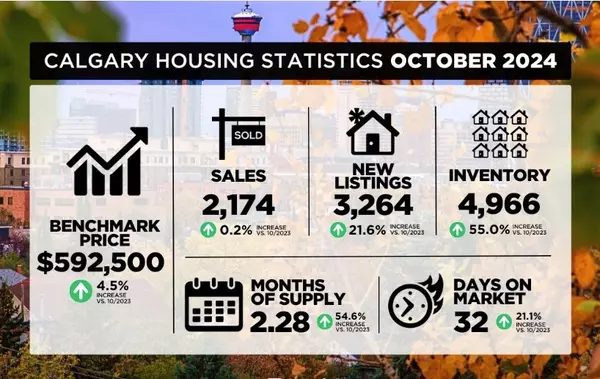In the middle of a housing crisis, no one worries about constitutional niceties
Trudeau seems to have learned his lesson: people don't always care when premiers' toes get stepped on
Prime Minister Justin Trudeau meets a drywall worker as he tours an under-construction condo tower in midtown Toronto on Wednesday, April 3, 2024. (Cole Burston/The Canadian Press)
Last summer — around the same time public support for the governing Liberals began seriously to erode — Prime Minister Justin Trudeau made the mistake of publicly acknowledging Canada's constitutional division of powers.
"Housing isn't a primary federal responsibility," he said. "It's not something that we have direct carriage of."
He wasn't wrong. He also said his government was willing to do its part. But he was quickly mocked and chided for appearing to dodge responsibility for a serious and widespread problem.
Trudeau seems to have learned the obvious lesson from that episode: in the current climate, there's nothing to be gained from deferring to other levels of government. Just as there are no atheists in foxholes, there are apparently no constitutionalists in a housing crisis.
Six weeks after his comments about responsibility, Trudeau was in London, Ont. to announce the first agreement under the Housing Accelerator Fund — an idea first sketched out in the government's 2022 budget. In exchange for the city's promise to enact zoning and permitting reforms, the federal government would provide $74 million in housing funding.
One hundred and seventy eight municipalities and the province of Quebec have since made similar deals, totalling $4.4 billion in federal funds.
Last week, anticipating this year's federal budget, Trudeau announced the federal government would work with the provinces to create a "bill of rights" for renters and fund provincial legal aid programs for tenants. This week, he announced a new round of infrastructure funding for provinces and municipalities with significant housing-related conditions attached and a loan program that will provide support for rental housing if provinces agree to meet a series of benchmarks.
All these moves may or may not solve the Liberal Party's profound political challenges. But the federal measures do shift some of the pressure onto the levels of government whose laws and bylaws tend to decide what gets built where. The full set of policies also gives the Liberals a response to Conservative Leader Pierre Poilievre's own vow to take on "NIMBYism" and "big city gatekeepers."
The federal spending power — now for housing
On one level, what the Liberals are doing is just another example of the federal spending power in action. While the federal government is limited in what it can do directly, it can still use its significant fiscal resources to encourage or compel provincial governments to take certain actions. Any number of national programs — from medicare to child care — owe their existence to the federal government using its financial muscle.
In this case, the federal government is using funds promised for housing and infrastructure to encourage municipalities and provinces to embrace policies that, it believes, will lead to the construction of more homes. In his own way, Poilievre says he would do the same.
Trudeau's announcement on Tuesday leaned into the model created by the Housing Accelerator Fund.
In addition to adding $400 million to that program, the prime minister announced $6 billion for housing-related infrastructure, including wastewater and stormwater infrastructure. Of that $6 billion, $1 billion will go directly to municipalities. The remainder would be directed to provincial governments.
But to access their share of that $5 billion, provincial governments will have to agree to pursue a number of reforms, including changes to make it easier to build four-unit housing in residential neighbourhoods. And provinces only have until January 1, 2025 to agree to those terms. If they don't, the federal government will again deal directly with municipalities.
Those terms present an interesting challenge for Ontario Premier Doug Ford.

In November, Ford complained that his government wasn't being included when the federal government announced Housing Accelerator Fund agreements with cities in Ontario. But last month, Ford said he was against making it easier to build fourplexes provincewide.
With its announcement this week, the federal government is effectively asking the premier to make a choice: if he wants to take part in the photo ops, he's going to have to accept greater housing density.
Asked about the federal proposal on Wednesday, Ford said that zoning decisions are best left to municipalities.
"I don't believe in forcing municipalities," the premier said. "I believe in working with municipalities."
The City of Toronto might be surprised to learn that Ford believes so strongly in municipal sovereignty. But perhaps Ford would prefer Poilievre's proposed approach.
The new bipartisan consensus on housing
According to the legislation laid out by the federal Conservative leader, under a Poilievre government, municipalities would receive more or less federal funding depending on whether they meet housing targets set by Ottawa. Poilievre's plan does not dictate any specific policy changes — it also would apply to only 14 municipalities across the country.
Poilievre's plan also has its critics. One expert has written that some cities will find Poilievre's targets easy to meet, while others will find it impossible.
Drew Dilkens, the mayor of Windsor, Ont., already has refused to agree to the federal government's terms under the Housing Accelerator Fund, particularly as they apply to zoning rules for fourplexes. But Dilkens told the National Post earlier this year that Poilievre's approach would unfairly hold him accountable for things he can't control directly — namely, the housing market and the developers who ultimately decide whether to go forward with construction.
Municipal and provincial politicians likely have more reason to fear that suburban homeowners will blame them when a fourplex goes up next door. But the multi-level tendency to point fingers and object to solutions also likely helps to explain how Canada's housing market ended up in this state.
It's probably not surprising that Poilievre — a populist who is constantly seeking someone or something he can be seen fighting — was quick to focus on how municipalities can stand in the way of new construction. Since becoming Conservative leader, he's taken that a step further by directly attacking specific mayors.
But given how much accountability and media attention now disproportionately falls on the federal government, it was likely a matter of time before someone in Ottawa decided to stop waiting for other levels of government to fix the problem on their own.
The result is that the Liberals and Conservatives now have competing plans that aim to use the federal spending power to directly or indirectly steer municipal policies.
Strict constitutionalists — and fans of "open federalism" — might grumble. But voters will probably care only about whether it gets easier to find an affordable place to live.
Categories
Recent Posts











